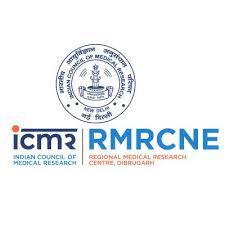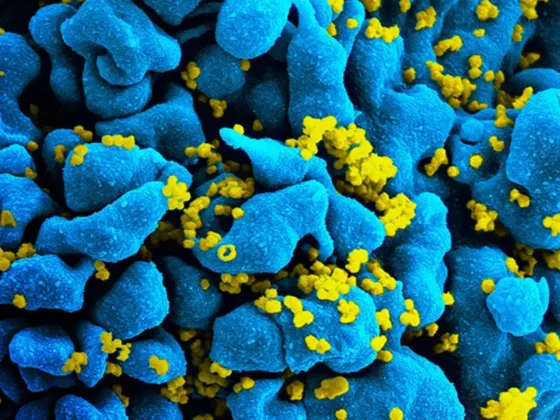A new tuberculosis (TB) testing technology has been developed by the Indian Council of Medical Research (ICMR) at its regional center in Dibrugarh, Assam. This new method can detect TB using a patient’s sputum for just Rs 35, making it accessible to a much larger population. The technology, known as ‘A CRISPR case-based TB detection system,’ is not only affordable but also light and portable, making it ideal for use in various settings.
How the Technology Works?
The ‘A CRISPR case-based TB detection system’ involves a three-step testing process that is both quick and efficient. According to ICMR sources, over 1,500 samples can be tested in a single run, and the entire process takes just around two-and-a-half hours. This is a significant improvement over conventional TB diagnostic methods, which can be time-consuming and require sophisticated equipment.
Traditional methods for diagnosing TB, such as culture tests, can take up to 42 days to confirm a TB-negative result. Other methods like microscopy and nucleic acid-based tests also take time and often require expensive, complex machinery. These limitations highlight the need for more innovative and accessible diagnostic tools.
The Need for Innovative Diagnostic Tools
An official explained, “Tuberculosis (TB) remains a global health challenge, necessitating the development of accurate and rapid diagnostic tools for effective disease management. Current diagnostic methods often exhibit limitations in terms of sensitivity, specificity, speed, and cost, emphasizing the need for innovative approaches.”
The official further mentioned that some molecular diagnostic methods, although offering better sensitivity, may not always provide the desired specificity. They can also be expensive and difficult to use, which poses challenges, especially in resource-limited settings.
The Promise of CRISPR Technology
To address these challenges, the ICMR has developed the CRISPR-Cas12a-based molecular diagnostic system, called ‘GlowTBPCRKit.’ This system is combined with an amplification step using a thermal cycler and a ‘RapidGlow device,’ offering a promising solution for TB detection.
The ICMR has invited expressions of interest (EoI) from eligible organizations, companies, and manufacturers to undertake the ‘Transfer of Technology’ for the commercial production of this CRISPR-based TB detection system. The goal is to make this innovative technology widely available to help in the fight against TB.
Support and Collaboration for Commercialization
The ICMR-RMRCNE institute in Assam will provide expert guidance and technical support to organizations involved in producing the CRISPR Cas-based TB detection system. This support will be available throughout all phases of development and commercialization.
Such technical oversight by the institute is expected to accelerate the product’s development and bring it to market faster. The ICMR will also provide additional technical support through its team of experienced scientists. This support includes study planning, product development, data analysis, and safety and efficacy assessment. The collaboration will be based on mutual understanding and agreement between the ICMR and the collaborating company.
Through its various institutes, the ICMR will facilitate research and development or clinical studies of this new technology. The organization aims to work closely with companies and institutions to ensure the technology is developed professionally and within agreed-upon timelines.
This new TB detection system represents a significant step forward in making TB testing more accessible, affordable, and effective, particularly in regions where the disease remains a major public health challenge.









